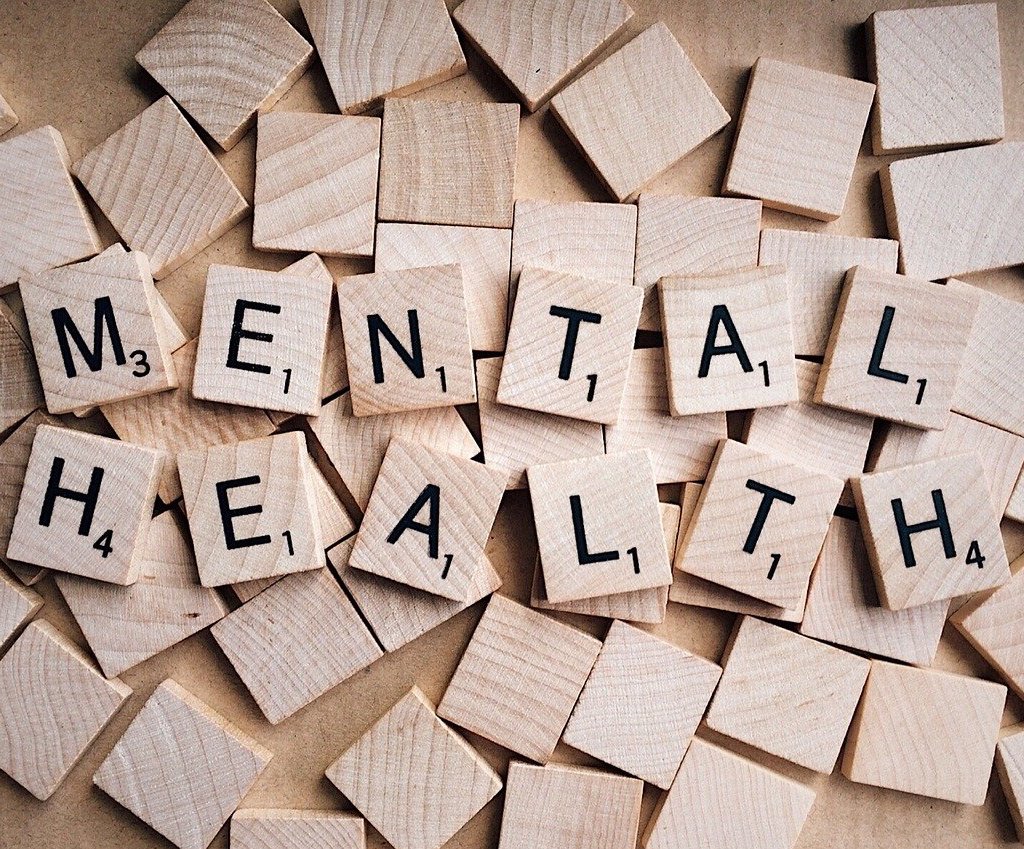
Mental health disorders include mood disorders, such as depression or anxiety, and psychotic conditions, like bipolar disorder or schizophrenia. The search for new therapeutical approaches is needed for these disorders and emerging research is focusing on the gut microbiota as a novel target.
Gut microbiota, consisting of a large population of different microorganisms, affect the brain and play an important role on mental health disorders. The composition of the gut microbiota is dynamic and influenced by the diet. Therefore, the gut microbiota could be targeted as part of new treatments for these disorders. Bacteria of the gut microbiota produce different neurotransmitters, serotonin among them, which is a key neurotransmitter regulating mood and involved in various psychiatric disorders. Also, the gut microbiota influence brain function through secreting substances that influence the endocrine system and inflammation and immune processes.
Stress is also important to the gut microbiota. Stress is induced by a threat experienced by an individual and the mechanisms involved in stress response influence behaviour, in a temporary response. However, chronic stress induces a prolonged activation of response mechanisms. This includes neuroinflammation, which is observed in many mental health disorders. A prolonged stressful situation in mice alters the composition of the gut microbiota, and the activation of these mechanisms induced by stress seem to be normalized when reestablishing the gut microbiota composition.
The use of probiotics, usually Lactobacillus and Bifidobacterium, show efficacy in the treatment of some of these disorders, especially for patients with mood disorders which seem to have lower depression and anxiety symptoms. Also, a decrease in depressive and anxiety symptoms is observed when patients receive a fecal transplant of healthy donors. Microbiota interventions, such as the use of probiotics and fecal microbiota transplantation, are promising treatments for mental health disorders, and further studies will help to elucidate its mechanisms and its clinical application.
References:
Tyler Halverson & Kannayiram Alagiakrishnan (2020) Gut microbes in neurocognitive and mental health disorders, Annals of Medicine, 52:8, 423-443, DOI: 10.1080/07853890.2020.1808239
